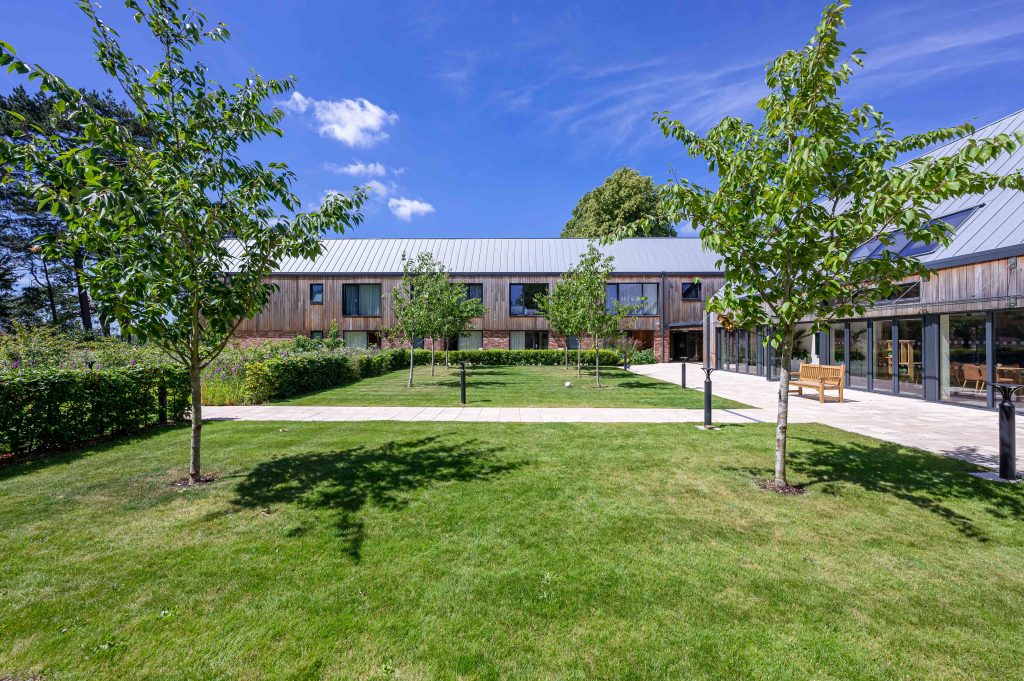-
Call Us: 0330 111 2015


Jump to a section ▼
› Introduction
› What to do when you relapse
› Other things to remember
› What next?
Speak with our admission team
Call now on 0330 111 2015When you have suffered with an alcohol or drug addiction for an extended period of your life, it is no surprise that the recovery period may not always go entirely to plan. Sadly, experiencing a relapse or slip can happen, and whilst not every person has one, there is nothing to be ashamed about if you have used something you have been trying to avoid.
If you have had a pause in your recovery, or think you are at risk rejecting your recovery principles, here are some simple steps you can take:
At Delamere, we are proud to offer an excellent level of aftercare to our clients, and work closely with those who have found themselves facing external pressures and difficult situations in their lives outside of the clinic environment. Unfortunately it isn’t always possible to avoid stressors and negative emotions, so a support network is an essential part of the recovery process.
In order for treatment to be successful, you need to be engaged in the detox process. If you have started using again and are feeling guilty after drinking or taking drugs, and you remember all of the reasons that you wanted rehabilitation, it may be time to get serious with your treatment and aftercare plan again.
Delamere will work with you to understand the parts that you are finding most challenging, and the triggers that are present in your life that make it hard to stay away from the substance(s) you are addicted to taking.
In fact, we’ve written about common triggers in more detail – you might find this a helpful read. We’ve also written about some of the warning signs that come before a relapse. Knowing these now may make a difference in your future; and they’re also helpful resources for friends and family members so they know how best to support you if you’re struggling to concentrate right now.
Your surroundings can play a big part in your recovery, so it can be helpful to check to see if your current setup is helping or hindering your progress. What kinds of things should you be looking out for?
 Detox safely in our medical facility
Detox safely in our medical facility
 Free collection
Free collection Future-proof
Future-proofReady to get back on the road to your recovery? We are ready when you are. If you would like to book a place on one of our recovery renewal retreats, you can speak to our admissions team by phone or email . Our team at Delamere can also be reached by live chat and through our contact form online.

Delamere Health Retreat
Start your recovery journey by calling our admissions team today.
Confidential. Straightforward. Friendly.